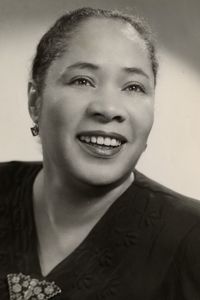Juanita Hall, a remarkable American actress, was born in 1901 in Keyport, New Jersey, to an interracial couple consisting of an African-American father and an Irish-American mother. Due to her early orphanage, she and her siblings were fortunate to be raised by her maternal grandparents.
Hall pursued her secondary education at Keyport High School, a public institution, before receiving classical training at the renowned Juilliard School, a private performing arts conservatory situated in New York City.























